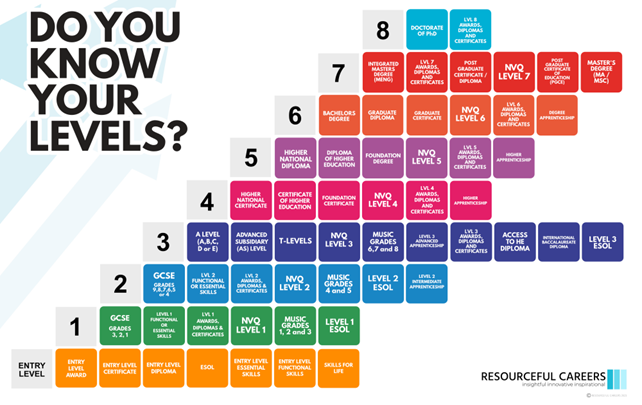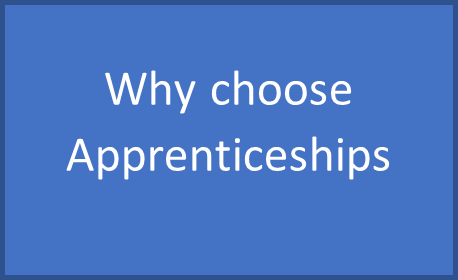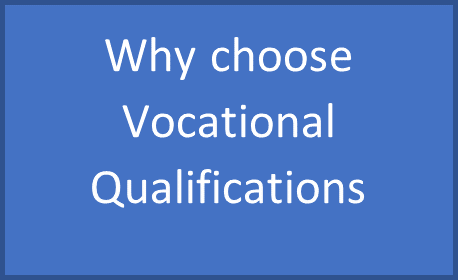Options Post 16
In 2013, the participation age was raised to 18 years of age. This means all young people are required to continue to participate in education, employment with training or training until at least their 18th birthday.
The range of places you can study / train are:
- Sixth form at AMVC or another school / college, in order to study A Levels or other vocational qualifications.
- Further Education Colleges such as Peterborough, Cambridge and Stamford Colleges offer a huge range of A Level, vocational and technical courses that can help at every stage of life from Level 1 courses through to degrees and professional qualifications. Colleges also offer short and part-time courses.
- University Technical Colleges such as Peterborough UTC are government-funded schools that offer 14–18 year olds both academic and technical education related to specific job sectors.
- Apprenticeships offer a way to learn on the job while working for an employer, building up knowledge and skills, gaining qualifications and earning money at the same time.
- Work or voluntary work with training towards a qualification.
- Traineeships prepare young people for future careers by helping with preparation for work. The are specifically designed for individuals 16-23 year old and young people with learning difficulties to the age of 25.
Click through the below buttons to find the top 5 reasons for choosing A Levels, Apprenticeships, T Levels and Vocational Qualifications.
Top Tips
A good place to start planning your post-16 options is to think of these three questions.
- Where am I now? (What qualifications, skills, and interests do I have?)
- Where do I want to get to? (What would I like to be doing in 5 years time – job, living away from home, etc?)
- How will I get there? (What course, training or future job is likely to get me where I want to go?)
Of course, at 16, young people don't necessarily know the answers to all these questions, but now is the time to start exploring information about careers, jobs and courses.
- If you really aren't sure about what you want to do in the future, then 'stay broad' - do a broad range of subjects so that you can decide later!
- Get advice from people who know you well (like parents & teachers) or ask your school careers adviser.
- Think about how you prefer to learn. If you are more ‘hands-on’ then you might want to think about vocational qualifications, a Traineeship or an Apprenticeship.
- Do your research. Know when open evenings are, what courses are available, understand the entry requirements and how to apply.
- Remember some jobs may require certain qualifications to get into them. National Careers Service may be able to help with understanding job specific requirements.
The chart below may assist with understanding the varying qualifications and how they compare:

You may also find the following websites useful when researching their options post-16:
What Qualifications are there for 16-18
National Careers Service – Course Finder






